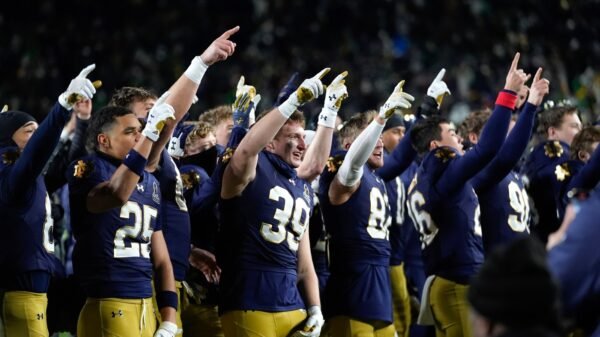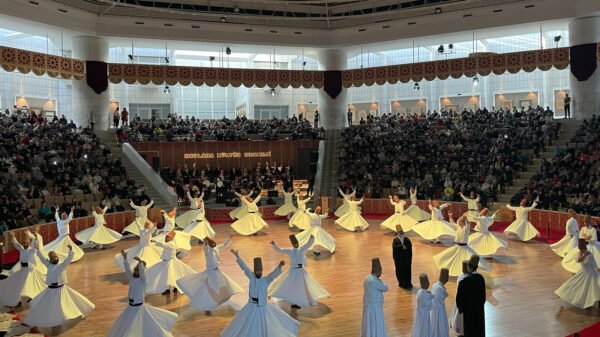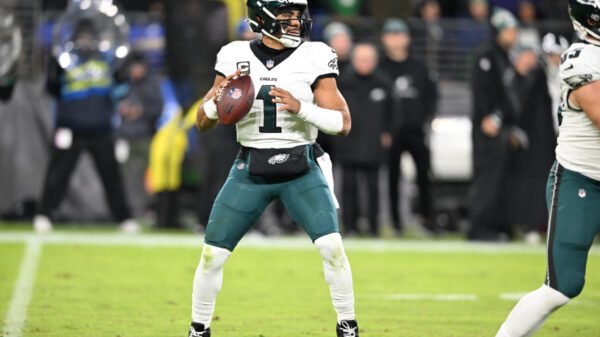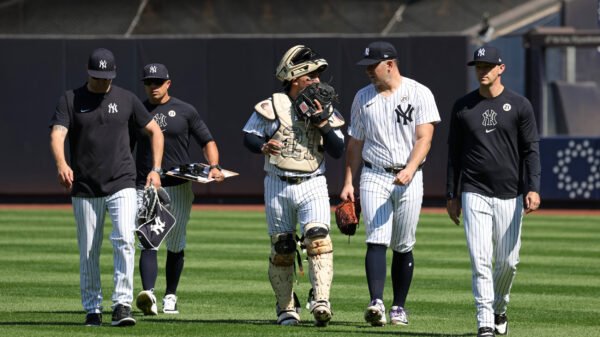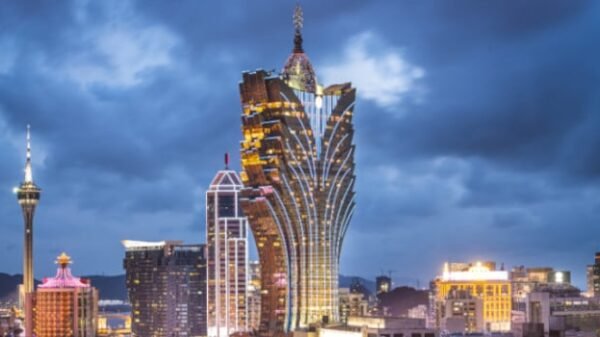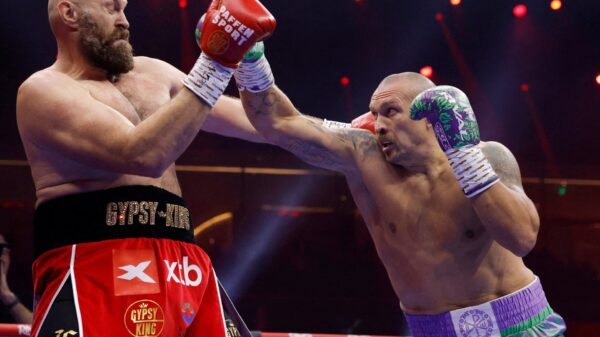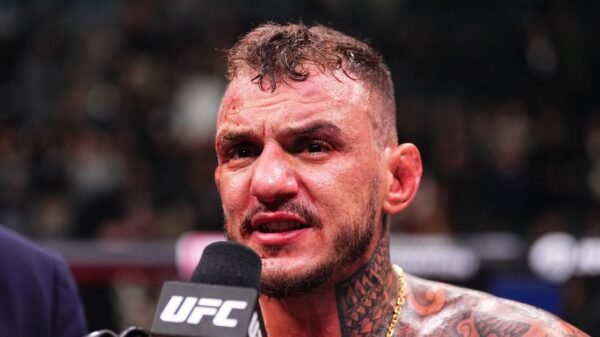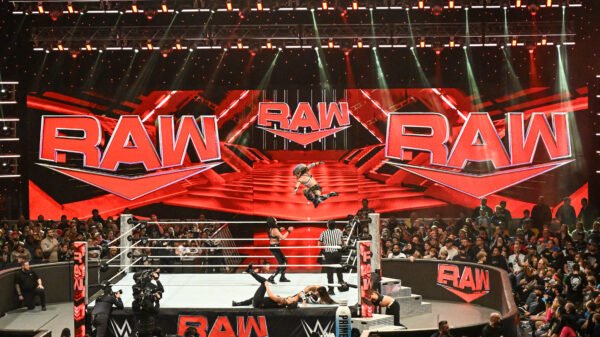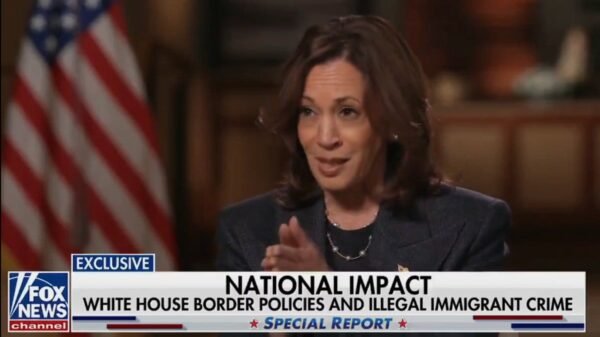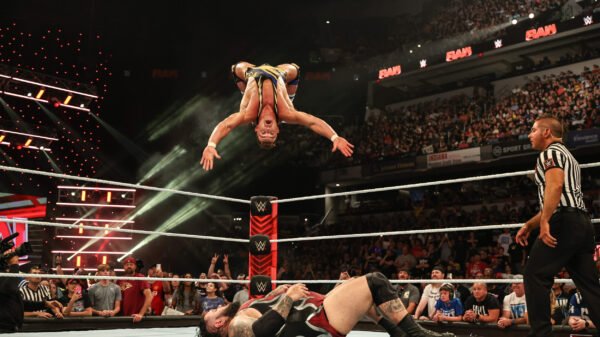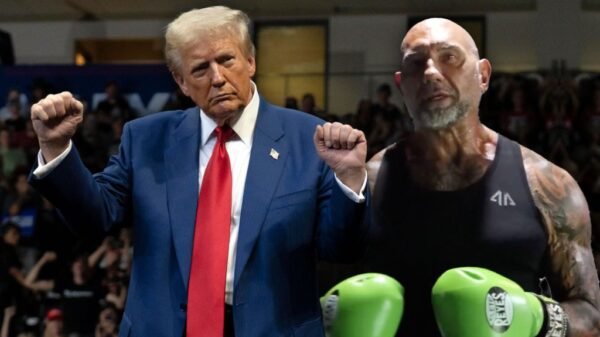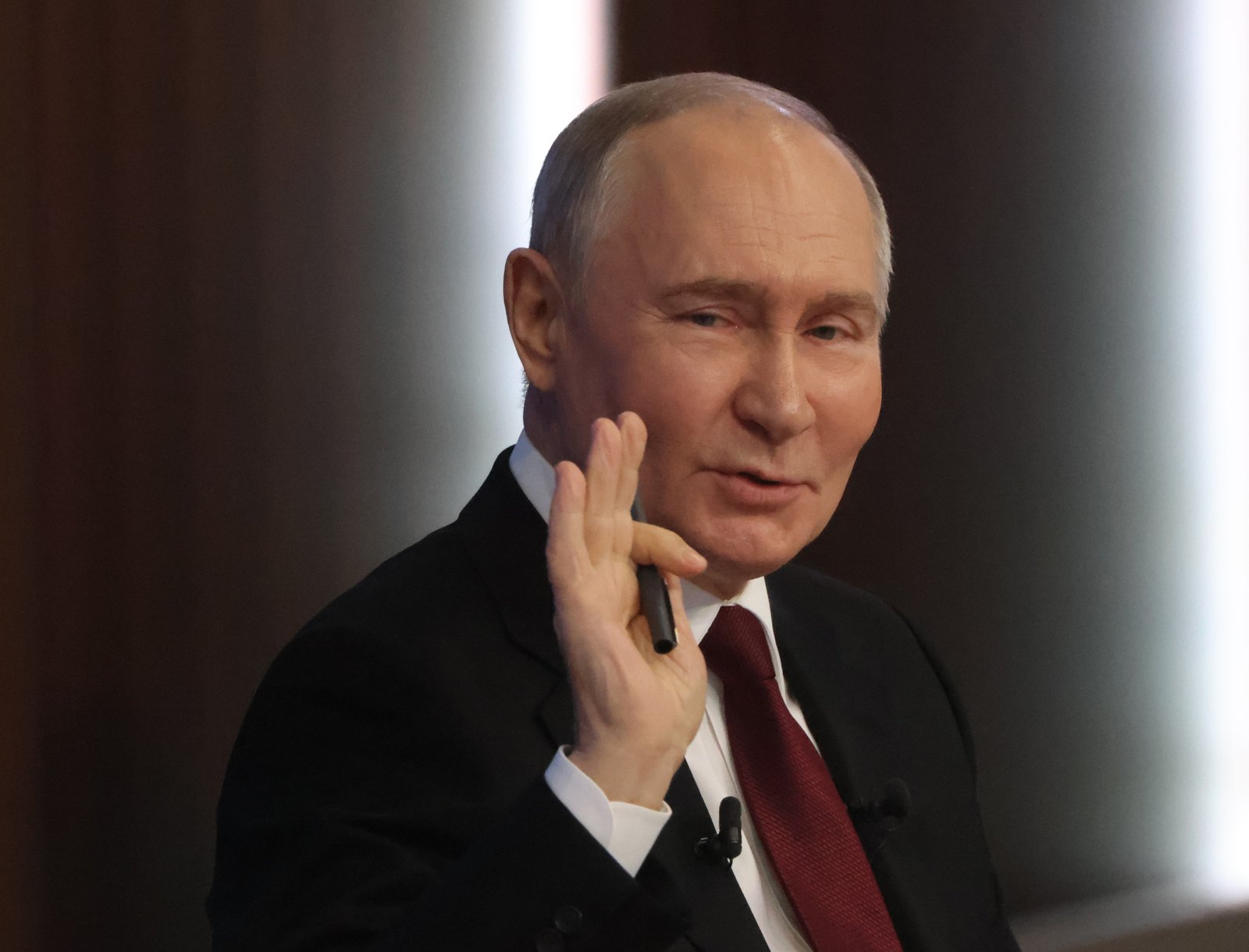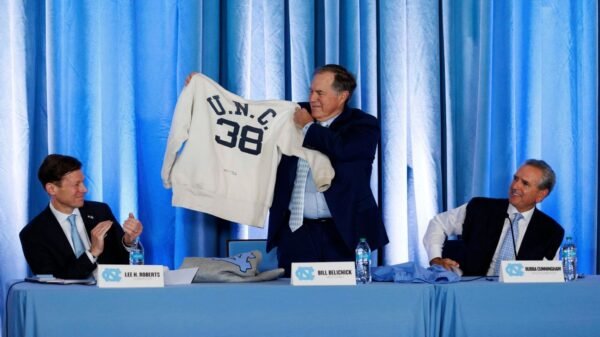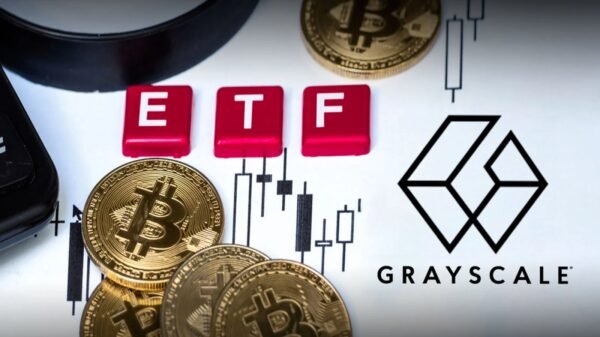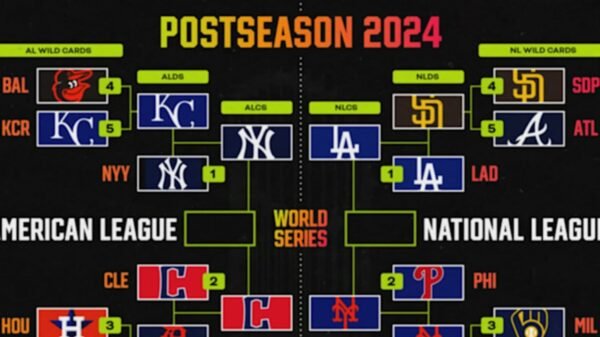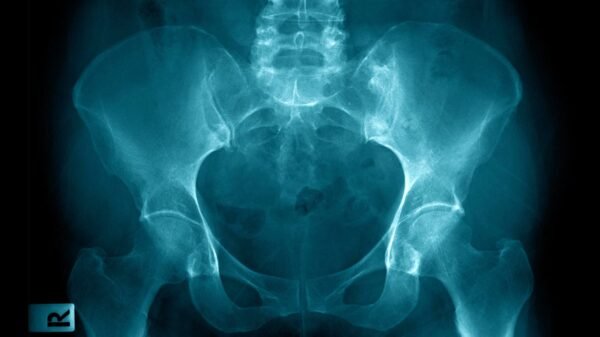What’s New
Russia’s central bank has introduced the choice to take care of the benchmark rate of interest at 21 %, resisting stress for additional will increase regardless of surging inflation.
This transfer follows an October hike that introduced charges to record levels.
Why It Issues
Russia is repeatedly adapting to an drastically altered economic system after Western nations imposed extreme economic sanctions following its invasion of Ukraine in 2022. These sanctions prohibit commerce, freeze property, and restrict entry to worldwide monetary techniques, decreasing the circulate of imports and disrupting supply chains.
The escalating army expenditures to maintain Russia’s struggle effort in Ukraine have considerably elevated authorities spending, contributing to inflationary pressures. Efforts to exchange Western imports with domestic or alternative foreign goods have been solely partially profitable, creating shortages and driving up costs.
Contributor/Getty Photos
What to Know
The choice to carry the speed contrasts with market expectations; a Reuters ballot of specialists earlier this week predicted one other 200-basis-point hike to 23 %.
Russian President Vladimir Putin has acknowledged the strain, calling for “balanced” selections throughout a televised information convention on Thursday. He additionally emphasised the economic system’s progress, projected at almost 4 % this 12 months, whereas conceding that inflation stays “an alarming signal.”
In November, the Russian ruble depreciated by as much as 15 % towards the greenback following new U.S. monetary sanctions that disrupted funds for Russian vitality exports, resulting in a scarcity of overseas forex within the home market.
The inflation price additionally accelerated to eight.9 % final month, with expectations that it’ll attain almost 10 % by 12 months’s finish, in line with knowledge from the Financial system Ministry. Meals costs have been significantly impacted, with vegetable prices rising by 24 % over the previous 12 months.
Excessive army spending, financed by oil exports redirected to China and India as a result of Western sanctions, has saved the economic system overheated. Labor shortages are pushing wages greater, including to shopper spending and inflation pressures.
On the October assembly, the central financial institution elevated charges by 200 foundation factors, sparking backlash from distinguished enterprise figures. Sergei Chemezov, head of Rostec, and metal magnate Alexei Mordashov have been vocal in criticizing the insurance policies.
Oleg Elkov/Getty Photos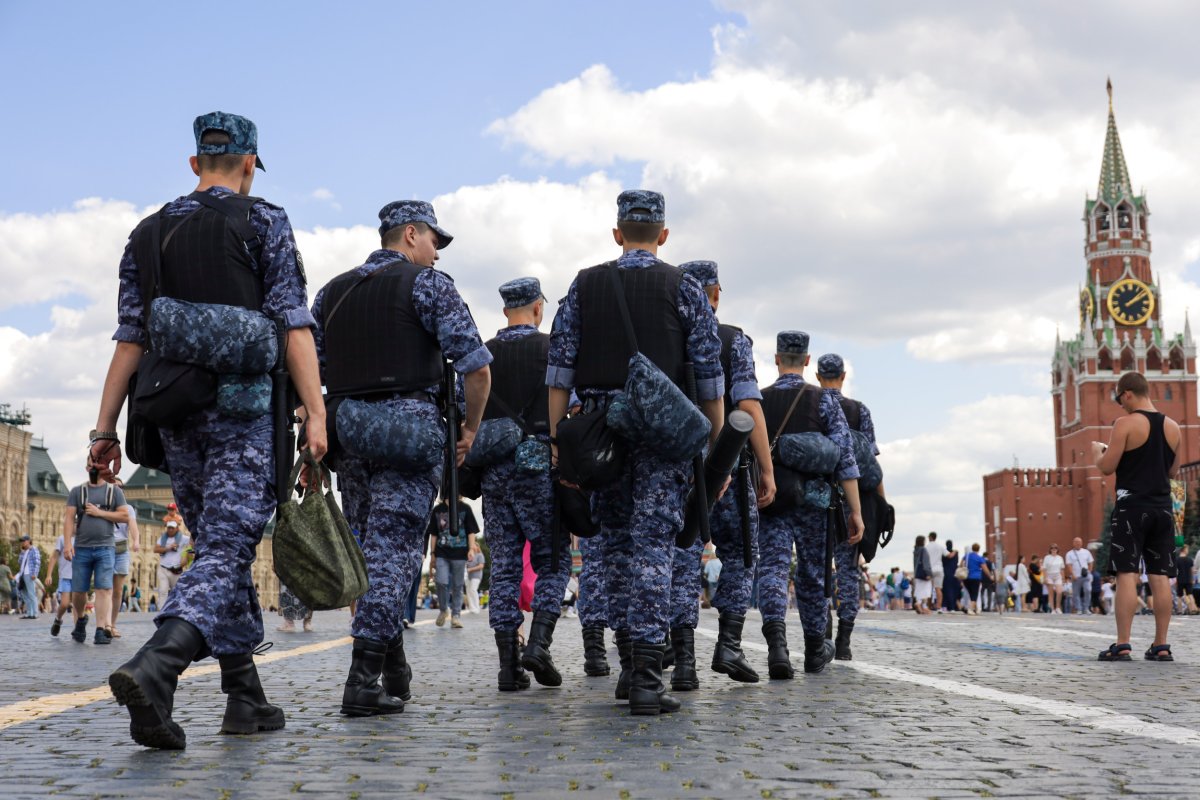
What Individuals Are Saying
Vladimir Putin, Russian President mentioned throughout his Thursday information convention: Whereas inflation is “an alarming signal,” wages have risen on the identical price and that “on the entire, this example is steady and safe.” He acknowledged criticisms of the financial institution’s resolution making, including that “some specialists consider that the Central Financial institution might have been simpler and will have began utilizing sure devices earlier.”
Governor Elvira Nabiullina, a critic of the financial institution’s charges mentioned: “The rise in costs for the overwhelming majority of products and providers exhibits that demand is outrunning the enlargement of financial capability and the economic system’s potential.” She is anticipated to carry a information convention at 3 p.m. in Moscow.
Oleg Kuzmin from Renaissance Capital mentioned earlier this week: The finance world’s consensus gave the impression to be that Russia could be left with no alternative however to extend the speed. “The speed of worth progress accelerated, and the rouble has shifted to a brand new, weaker equilibrium stage of 100-plus towards the greenback,” Kuzmin mentioned. “This leaves the regulator with no different possibility however to boost the speed.”
What Occurs Subsequent
The central financial institution’s subsequent assembly in February 2025 will decide whether or not additional price changes are crucial. Analysts anticipate that charges might stay excessive into 2025, as Russia continues to navigate a wartime economy below heavy sanctions.
This text consists of reporting from The Related Press

